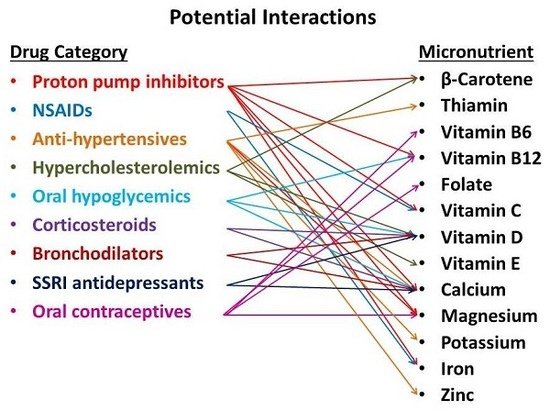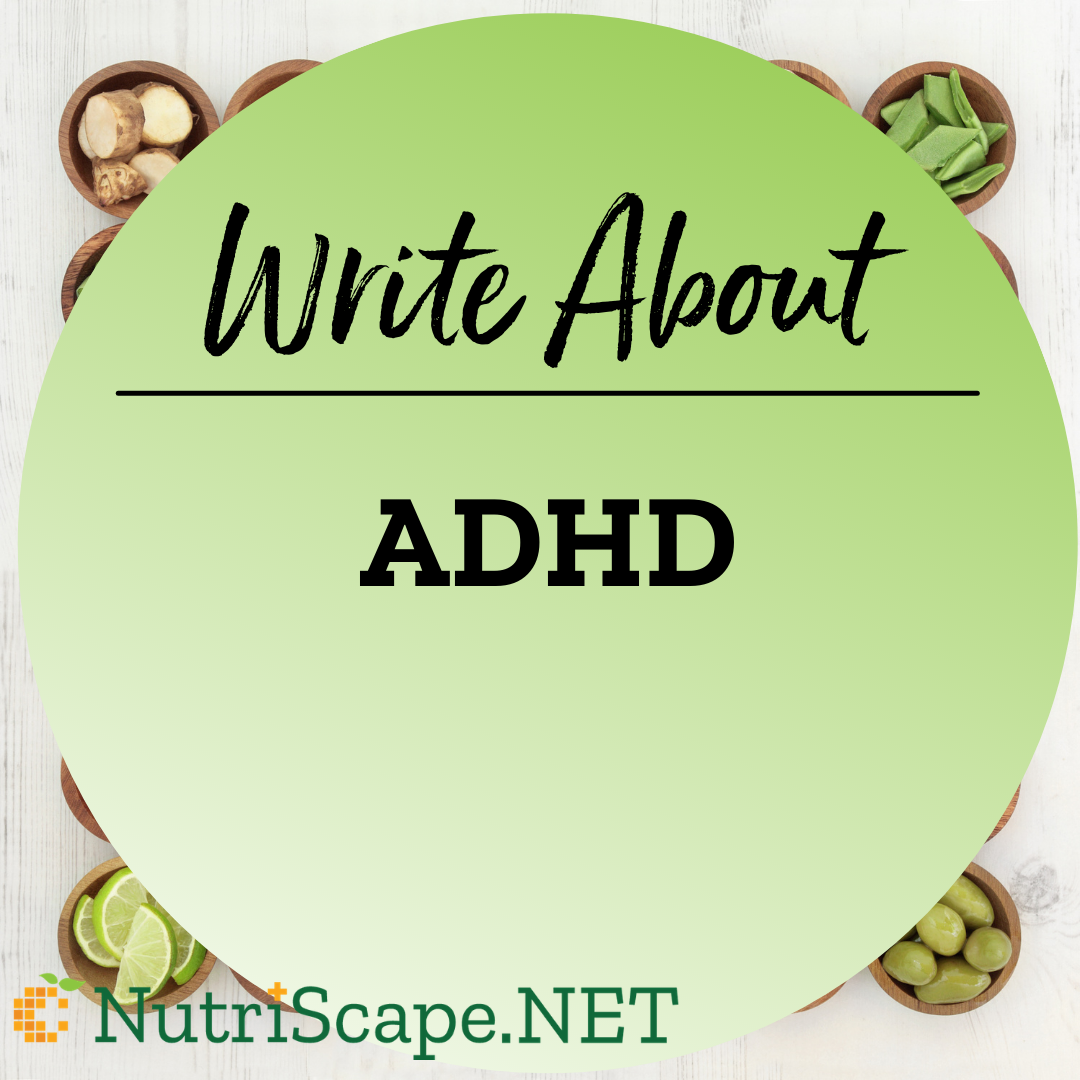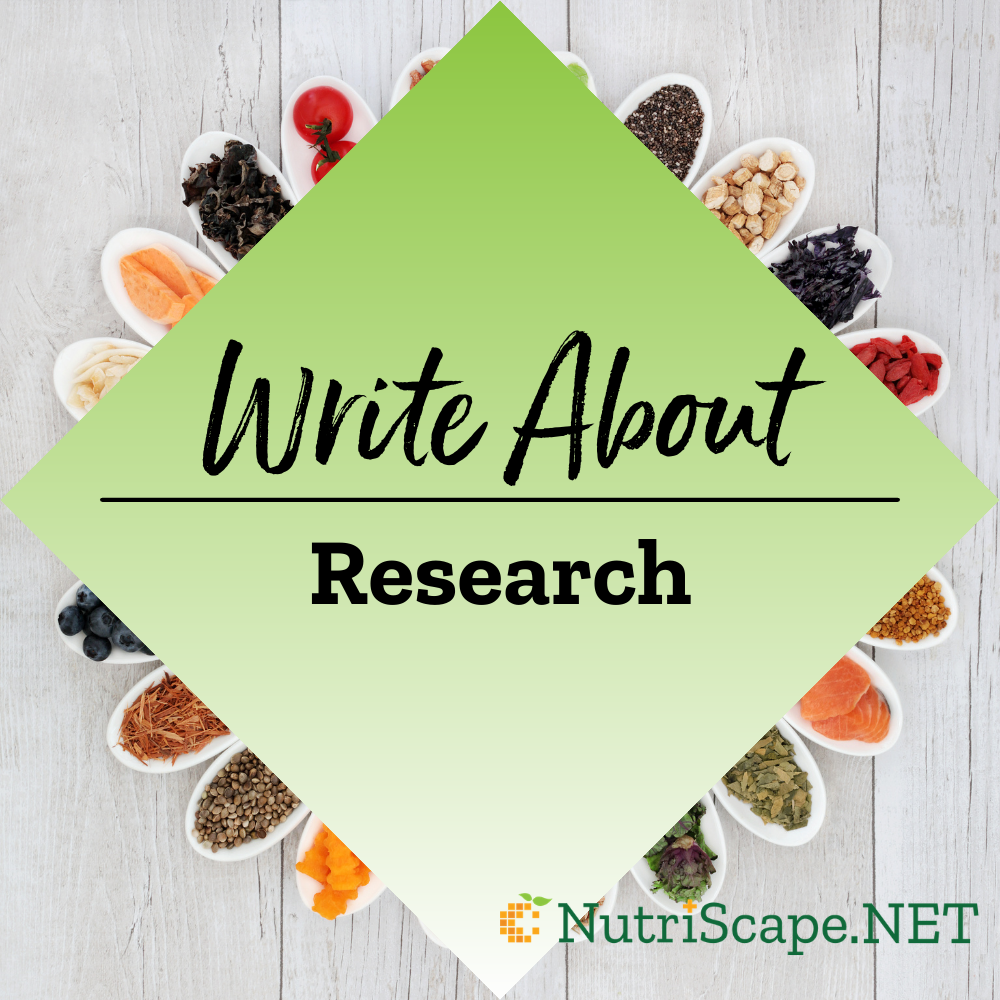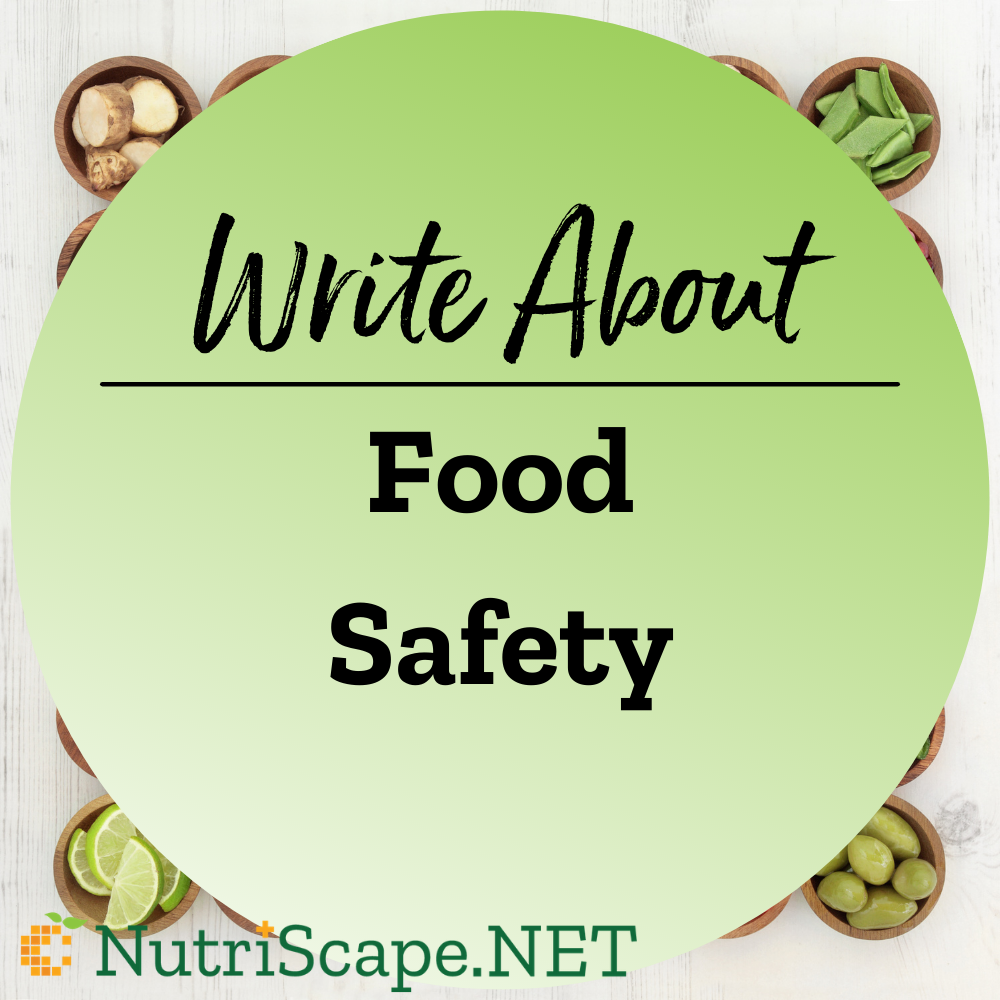
We came across this topic some time back and thought it would be good inspiration for a NutriScape.NET article written from the dietitian’s point of view. Here are some quick snippets you can follow.
The following text is from University of Canterbury online course.
This section will examine more closely an aspect of one of these factors, that is, pesticides. Pesticides are a broad group of chemicals designed to kill living things and include herbicides, fungicides and insecticides.
The most used pesticide globally is glyphosate. Here we will explore the impact of glyphosate on your brain and your food. Glyphosate was first patented as a descaling agent – it was used to remove the build-up of mineral deposits in pipes. It later became the world’s most widely used pesticide. It is a broad-spectrum herbicide, which means it will kill any living plant. However, many scientists have raised issues about the use of glyphosate, particularly because of concerns of its effects on our health, and its use is now banned in some countries, with other countries potentially banning it in the future.
 The use of glyphosate is linked to genetic modification (GM) of plants. The genetic modification of seeds has enabled us to make some crops, primarily grains, resistant to glyphosate, this means that it can be sprayed on crops to kill all the weeds but not kill the GM crop itself. It is also commonly used as a drying agent, applied to crops days before they are harvested. This means it is often on or in our food.
The use of glyphosate is linked to genetic modification (GM) of plants. The genetic modification of seeds has enabled us to make some crops, primarily grains, resistant to glyphosate, this means that it can be sprayed on crops to kill all the weeds but not kill the GM crop itself. It is also commonly used as a drying agent, applied to crops days before they are harvested. This means it is often on or in our food.
Whether or not glyphosate is dangerous to human health is currently debated; however, we do know some ways it may impact brain health. Firstly, glyphosate has been shown recently to weaken the blood-brain barrier, making it more permeable and allowing molecules to pass through to our brains that should not normally be able to. At this stage, we do not know the health effects of the weakening of the barrier.
Secondly, the small amount of research investigating the impact of glyphosate on nutrient quality of plants is concerning. That’s because glyphosate can make the dietary minerals like iron, manganese, and nickel less available for your body to absorb. This is hardly surprising, because glyphosate’s first job when initially patented was to remove minerals. As such, nutrient density of crops may be affected, resulting in a decrease in nutrient density which could impact on brain health. However, it is important to point out that the research is quite mixed and so we need more to better understand the full effect of glyphosate on mineral density in our food supply.
If a crop grows very slowly then its biochemistry, got a lot more biochemistry going on in the periodof growth, so it might produce more nutrients. It might, for example an orange, might produce morevitamin C during that period of time, whereas if the plant is growing much faster, it will producethe same rate of nutrient production, but plants getting bigger quickerand so the concentration of nutrient will probably be lower. And that’s one of the big differencesbetween organic and conventionally produced crops. [Julia] So using these pesticides on our food can have aside effect in a way, of the crop growing more quickly and therefore it has an effect on thenutrient density of the food that we eat. Is that right? [Ian] Yeah, I mean that would, that would applyfor the non-organic food production process. So it’s not only the use of the pesticides, it’severything else that sort of farming practices use, like lots of fertilizers, lots of nitrate, tomake the plant grow faster. But yeah, absolutely true. But there are two things aren’t there? Thefirst is that it will change the concentration of nutrients in the plant, but secondly it willleave residues of the pesticide behind in the plant. So when you and I eat ourlettuce or whatever, it might have very low levels of residues of whatever the insecticide orfungicide that’s being used on that lettuce, might have been. [Julia] And we talked a little bit about thateffect in Module two, where there is some research that’s indicating that that potential exposure tothose low levels of pesticides may have some health effect and potentially have an effecton our brain development as well. [Ian] Yeah, absolutely, and that again as we said in Module two, that’s apopulation level thing rather than looking at it as an individual effect. [Julia] Tell me about glyphosate.
What was it originally used for? [Ian] It was discovered in the late 1950s. It was patented in 1964,and then it was lost by that particular company and picked up later by Monsanto who, for all sortsof reasons I won’t go into, decided it might have herbicidal properties. They began to develop it,a chap called France began to develop it as a herbicide, as a pesticide that kills um plants. And it’s become the most successful herbicide worldwide and the most used herbicide worldwide.
Many millions of tons per year are used now. [Julia] So the effect of glyphosate can be to influence mineralcontent or can it? Can you tell me more about that? [Ian] Yeah, I mean the original um idea that it would,could be used as an anti-scaling agent or a water purifier was because it would actually chelate. Itwould bind two metals. It’s got two carboxyl groups on it, or two hydrogens that can be lost and theycan be replaced by a metal with two charges on. So things like calcium, which has two charges,magnesium, manganese, two-charged ion can all bind to glyphosate. And then it makes those metals verywater-soluble. So if you use glyphosate on a field and we’ll talk about how you use that in a minute,if you use it on the field and then it rains a lot the rain will wash the glyphosate off. And along with the glyphosate will go the metals. So then the concentration of those metals in the soil will belower, which means that the plant won’t take up up as much of those metals. And some of thosemetals are your dearly beloved nutrients that are really important as components of our food,which are important in all aspects of biochemistry basically. [Julia] So is there any research that shows that it can have an effect on those nutrient levels in food? [Ian] I’m not aware of any direct work that showsthe nutrient levels in the food are depleted, it doesn’t mean that there are no experiments.But I’m very aware of lots of studies that have shown depletion of metals in the soil and sincewe grow the plants on the soil, it’s logical that if they haven’t got enough metal to hold on to,they won’t take up as much metal. [Julia] So then why do we use these pesticides at all? [Ian] Glyphosate, andI’m not, I’m not a supporter of glyphosate in a big way, but glyphosate is the single most usefulpesticide herbicide worldwide. And the reason that it’s so very important and very useful,is that if, for example you’ve got a field and you want to grow cabbages in it and it’s gota load of weeds growing in it, you can spray, the farmers will say spray off the field withglyphosate, all of the weeds will disappear. The glyphosate activity decreases very quickly; withinabout 10 days there’s no herbicidal activity. You can then plant your crop on that field.
Similarly, if you’ve got a pasture with cattle grazing on it, and farmers now will changetheir pastures constantly, you might have seen this as you drive around the countryside. Big,dead fields and the fields are dead at the moment because the pastures are being killedwith glyphosate. Then they’ll be reseeded, re-fertilized to produce lots of extremely vigorous, green grass for the cattle to eat. The positive side is this prevents leaching or erosionof the soil because they’re not digging the soil all the time, not ploughing the soil all the time.The negative side is it’s depleting the metals. And glyphosate, we now know it mimics the femalehormone 17 beta estradiol, so we’re also adding estrogenic potential to the soil all the time.And there’s a little rumble of concern about glyphosate. In my neck of the woods, it’s a bigrumble of concern. But the farmer’s neck of the woods, they’re just saying “Ah, it’s interesting”. And thinking perhaps we shouldn’t use it quite as much as we currently do. [Julia] And why is that? Is it, is it health effects that you’re worried about? [Ian] Yeah. Yeah, there’s all sorts of health effects associated with it. The World Health Organization about four years ago declared glyphosate a carcinogen, carcinogen 2B, likely to be a carcinogen in humans. That’s intensely controversial.
New Zealand for one has disputed that. And we had an expert report written by a toxicologist in uh, New Zealand, not me, another toxicologist, who said that’s all rubbish, it’s not a carcinogen. Holland for example, said no, it’s not rubbish, it is a carcinogen. So there are lots of arguments about the data at the moment. Because as with all of these sorts of studies, the data don’t definitively absolutely prove that this chemical causes cancer or that this chemical is estrogenic; they just indicate or link to that possibility. So it’s a lot of discussion about glyphosate at the moment.
[Julia] So what else is it used for? [Ian] Glyphosate’s a really quite fascinating compound, because not only does it kill weeds, but it can also be used to kill plants that we want to harvest. So if you think of a field full of wheat. To harvest it, you need the wheat to be dry. You need it all to be dry at the same time. And you might wonder why, when you drive, walk past, drive past a wheat field or walk past the whole field is brown. You think, isn’t that clever, the whole thing ripens at the same time. Well it didn’t. Two days ago, they sprayed it with glyphosate. And the glyphosate kills the wheat, dries it off quickly and allows it to be harvested with a low water content, which means the wheat can then be stored. But that has an issue about it because that means that that wheat has been sprayed with glyphosate and therefore, the bread that we make from the wheat will have very low levels or residues of glyphosate in it. [Julia] And also possibly, more than typically, because it’s being used at the end of the harvest rather than at the beginning. [Ian] Exactly. In fact, I did some uh experimental work some years ago with a colleague of mine, Juliet Gerard, and we looked at the levels of glyphosate in wheat. And we looked at the effect of the bread-making process on those glyphosate levels and they reduced the levels of glyphosate by about 30% because glyphosate’s broken down very quickly by bacteria and yeast so it does decrease it, but not completely. So there’s still a very, very small amount present in the wheat. And we’re finding glyphosate now in honey and milk and oats in, in New Zealand. [Julia] And does it worry you at all, Ian?
[Ian] Yeah, it does. It worries me because, this is a terrible answer, it worries me because I don’t think we should have extraneous chemicals in our food that shouldn’t be there.
But secondly, since we’re beginning to show that it might have carcinogenic effects and that it might be estrogenic and they might well be linked, this sort of chemical we do not want as a residue in our food. And again, we talked about the cocktail effect and it’s adding to all of the other residues that are present in food. [Julia] So, Ian, based on everything I’ve heard from you today, and also hearing from Bonnie about the effects that climate change can have on nutrient density, do you see a different future for us in terms of our farming methods and how we can grow our crops?
[Ian] The agrochemicals industry are working quite hard to try and replace some of the pesticides with bad side effects, with bad effects, and there’s a sort of evolution of pesticides moving away from the mass use of chemical pesticides. So for example, insecticides now being replaced with pheromones that attract the insects, to very low concentrations of a pesticide. The herbicides are much more difficult, but I think that we’re moving towards different means of agriculture, like regenerative agriculture for example. And a more natural form of agriculture, where you accept a lower yield and a few weeds growing in that field. That’s quite a big educational program for farmers, and we need to just slowly morph them away. And it’s difficult too, because the agrochemicals industry are quite powerful. They’re making large amounts of money out of these things. They’re not going to just wean themselves off and say, well if you just use a spoonful of this it’s 20 cents.
And we’ll sell it to you when they’re selling currently, glyphosate at many hundreds of thousandsof dollars. So there’s a political a financial and a will to try and decrease the use of pesticides.
And finally, I think the public wants food that is less contaminated. They want to know where it’scome from, they want to know how it’s been produced. That’s going to be the driver, because they buy thefood. [Julia] Thank you, Ian. So let’s review. Ian helped us navigate through the complex research and healtheffects of pesticides. We talked about glyphosate, one specific pesticide widely used on crops.
It can have a multitude of uses in agriculture but can also have a detrimental effect on theplants, by giving them less time to draw minerals from the soil and in time, impacting the mineralquality of the soil, which of course in turn, affects the nutrient density of the growing plant.
So on the one hand, glyphosate is great at combating weeds but on the other handis inadvertently reducing plant nutrients. Plus the jury is still out on whether glyphosate hasany detrimental health effects, although recent research does indicate that it can disturb the human blood-brain barrier, making it more permeable. This means that molecules, that could have anadverse effect on our brains, could be passing through the membrane. Only further research willdetermine if this change in permeability has a negative effect on brain function.
So it all sounds pretty grim. Overall, as we found out in this module, there are many factors like inborn errors of metabolism, life stages, dysbiosis, medications, stress, big issues like climate change, use of glyphosate and poor remineralization of our soils, that all point to the fact that our brains are having an uphill battle to stay healthy. Can we fix these factors that compromise our mental health by adding in extra nutrients than what we can get from our diet? In the next module, let’s turn to the research to find out.
Planning And Writing Your Article- With 1 Free CEU!
Although all dietitians are well-versed in academic writing, it can be a challenge to organize our vast knowledge in a way that hits the right chord for readers on the web. Before you sit down to write your epic article, save yourself some time by investing an hour in learning the basics of a solid writing process that can help you create your very best work.
We’ve scoured the internet for the best practices on writing and distilled the information to meet the needs of NutriScape writers. In our 1-hour CEU presentation, “Copywriting Skills for the Internet”, we discuss a structured process for each phase of writing and cover critical SEO principles that are key to getting articles found on Google.
This writer’s guide is a resource that will be sure to help as you organize your thoughts:
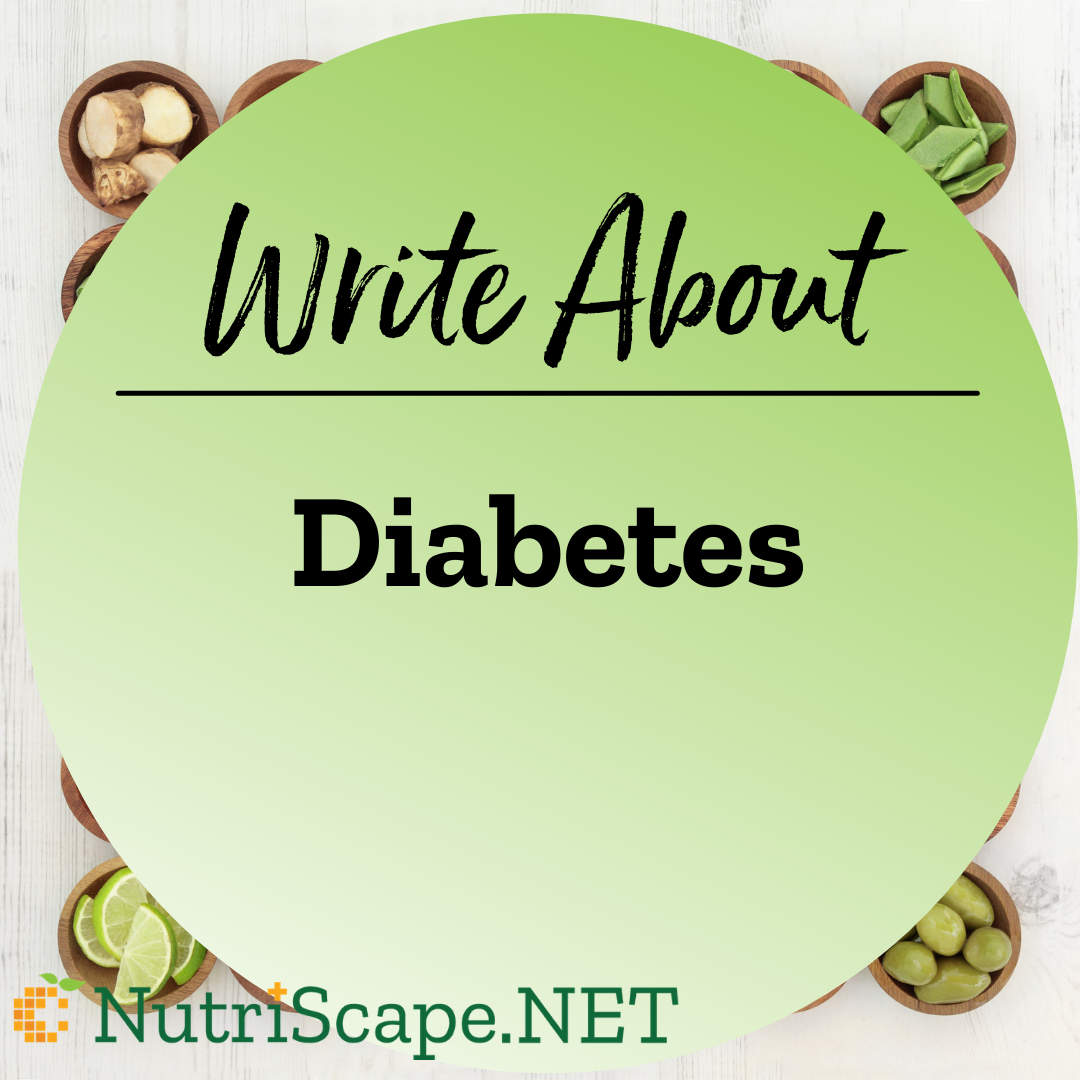

 Scan Me!
Scan Me!
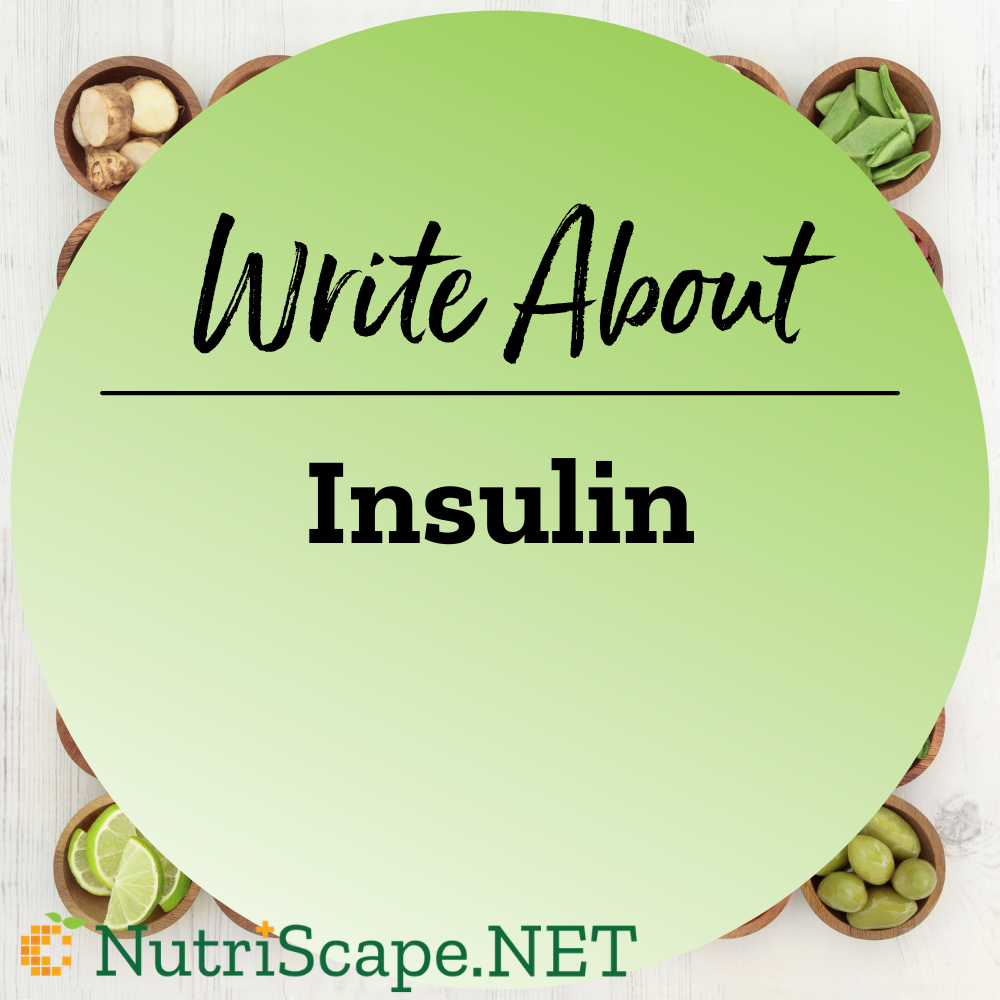
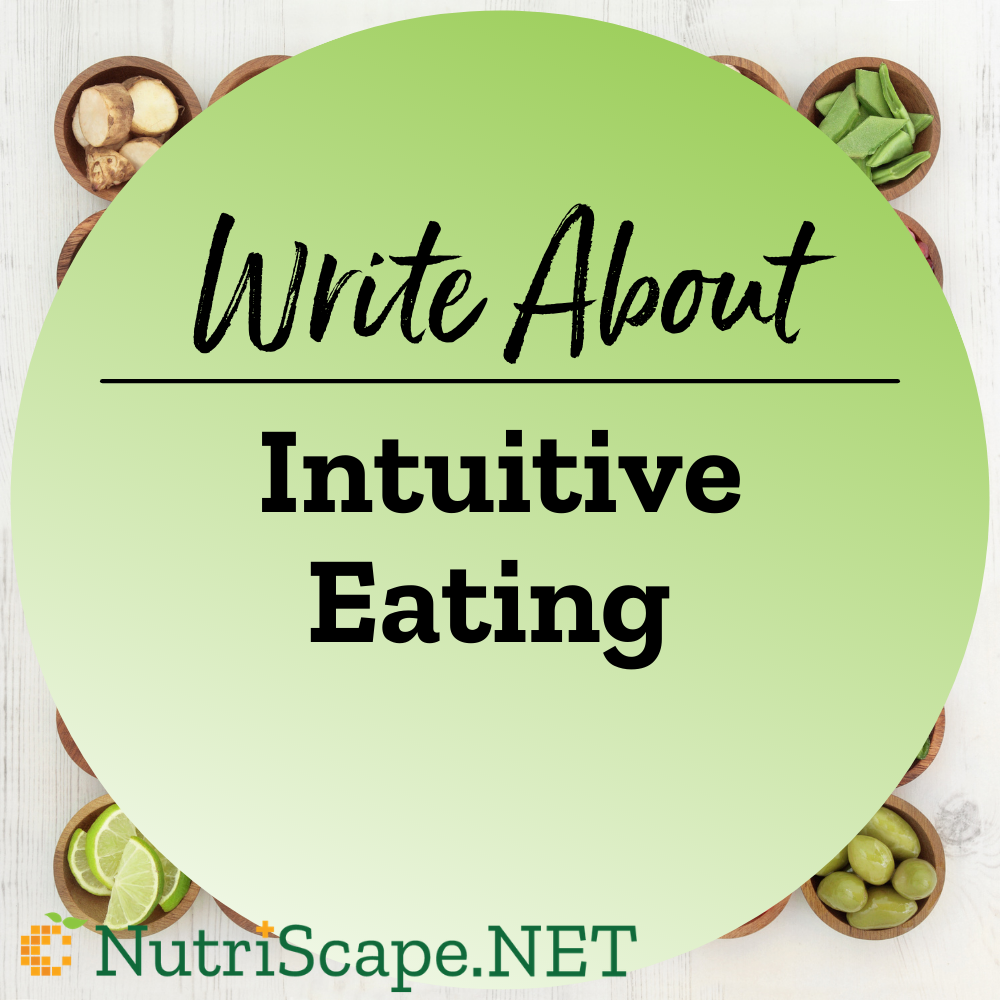
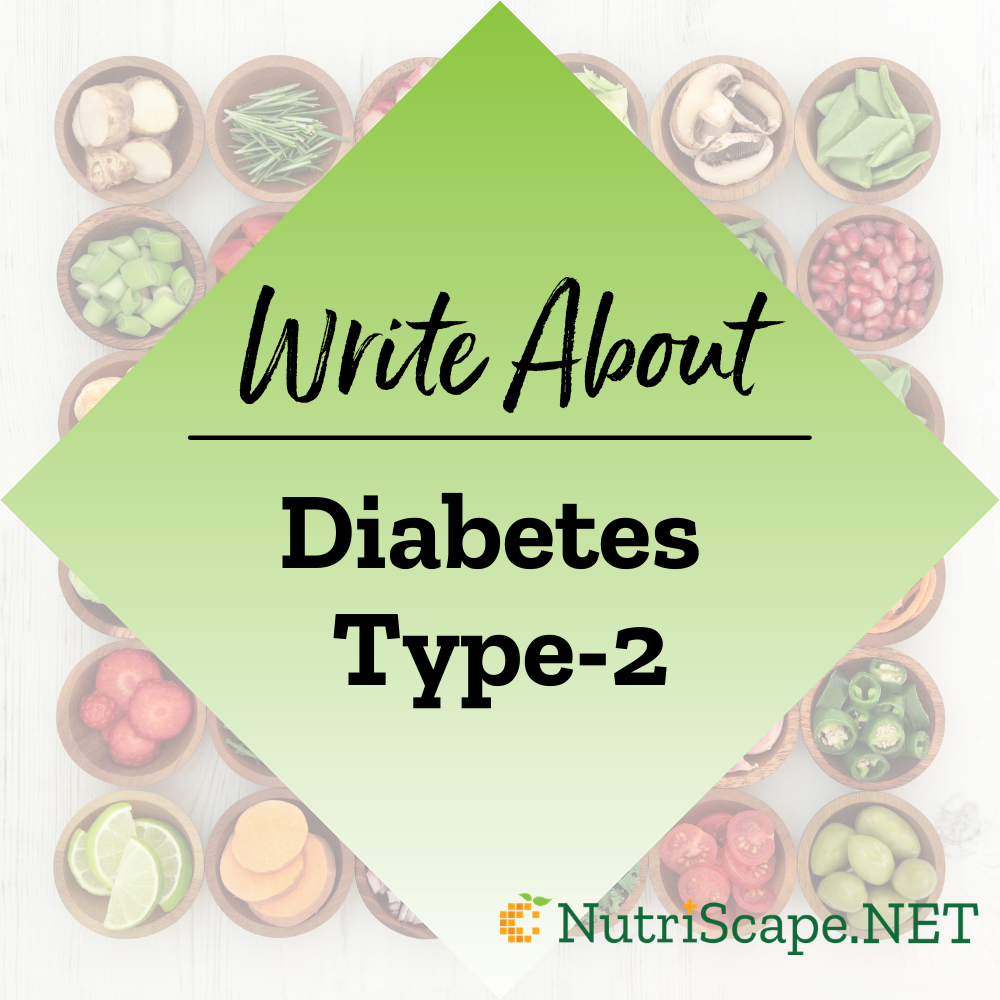

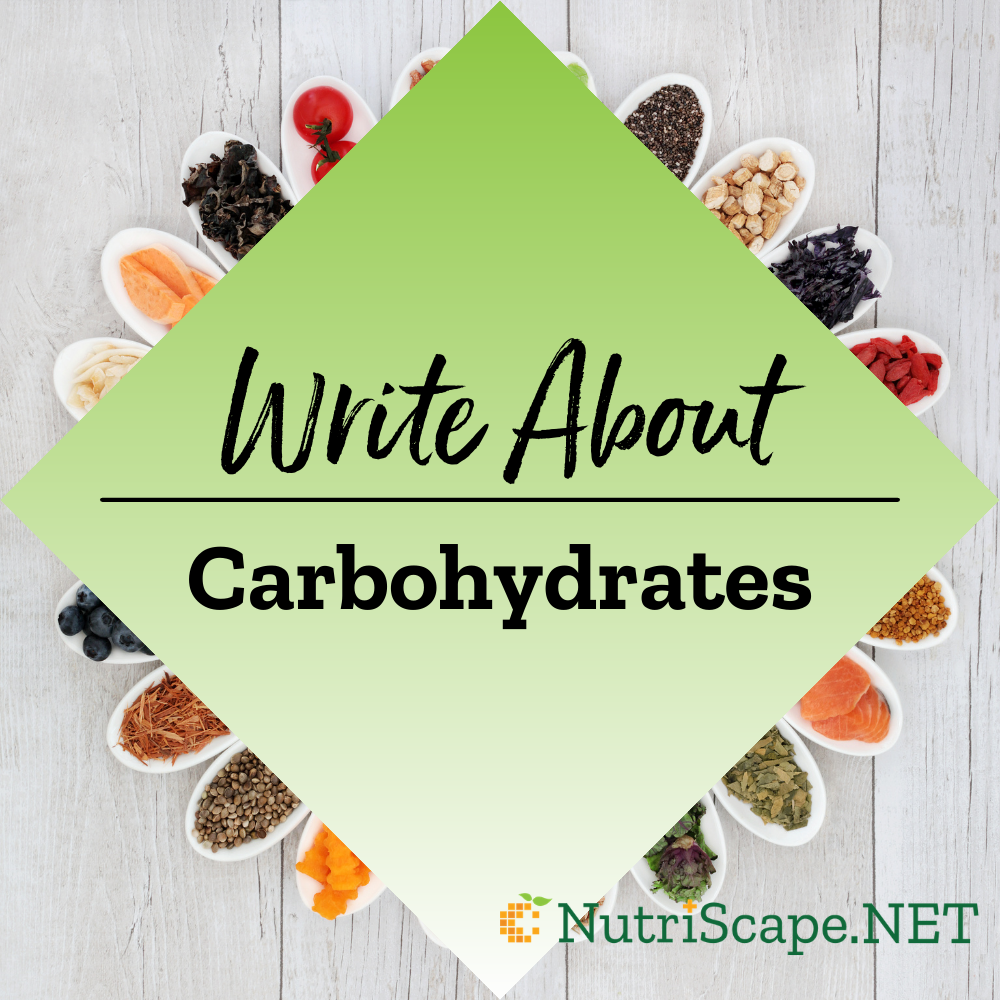
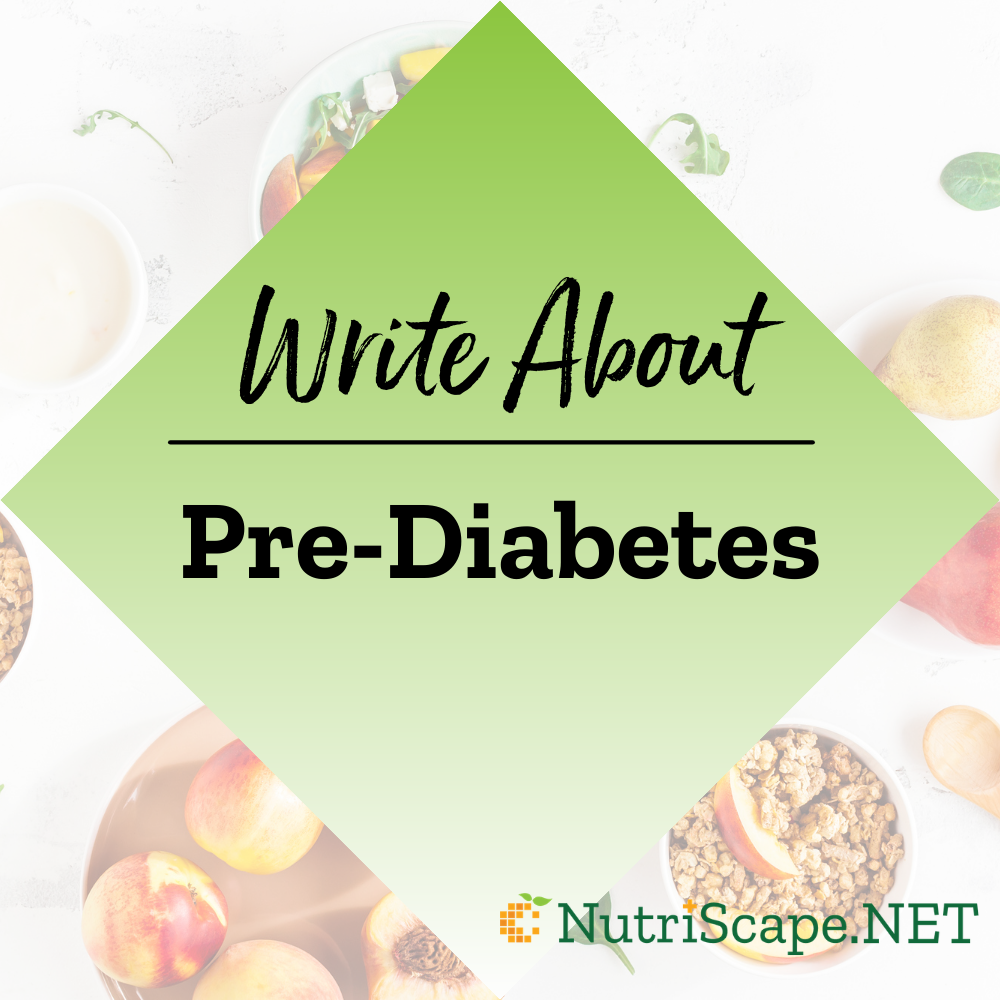
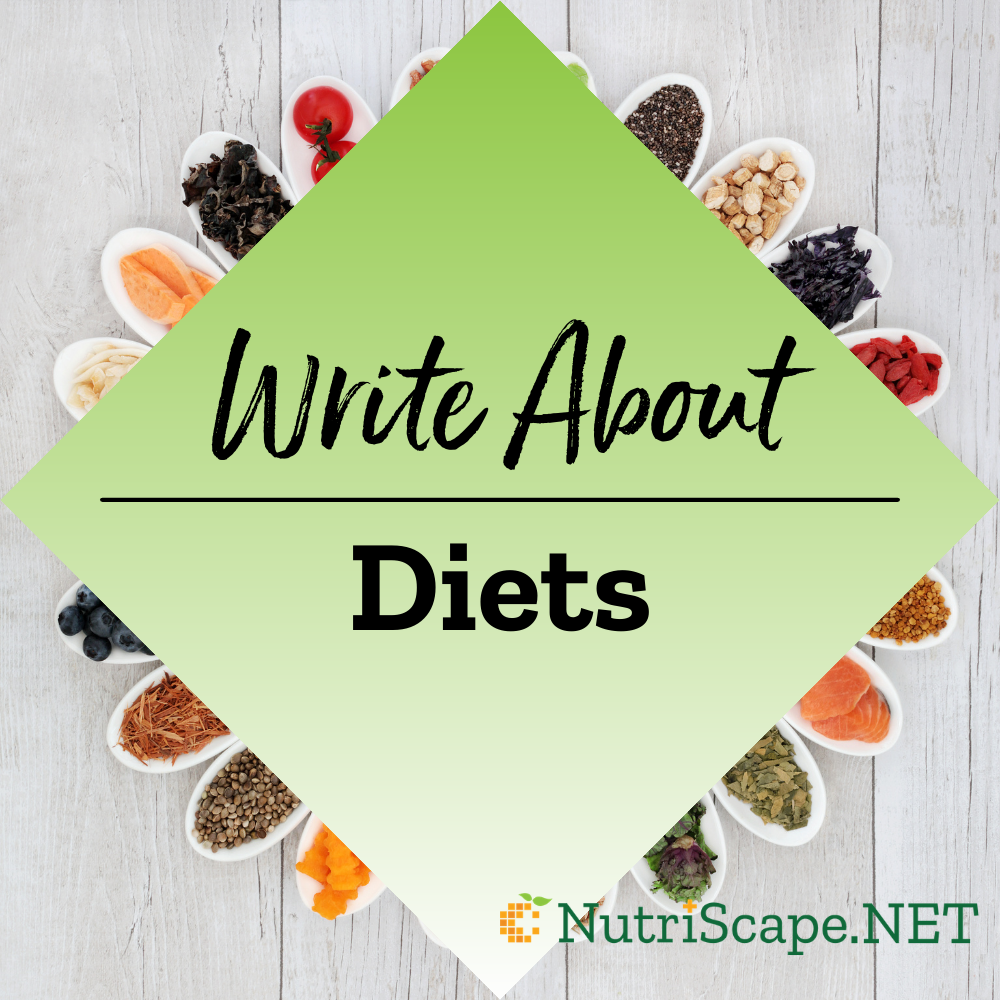


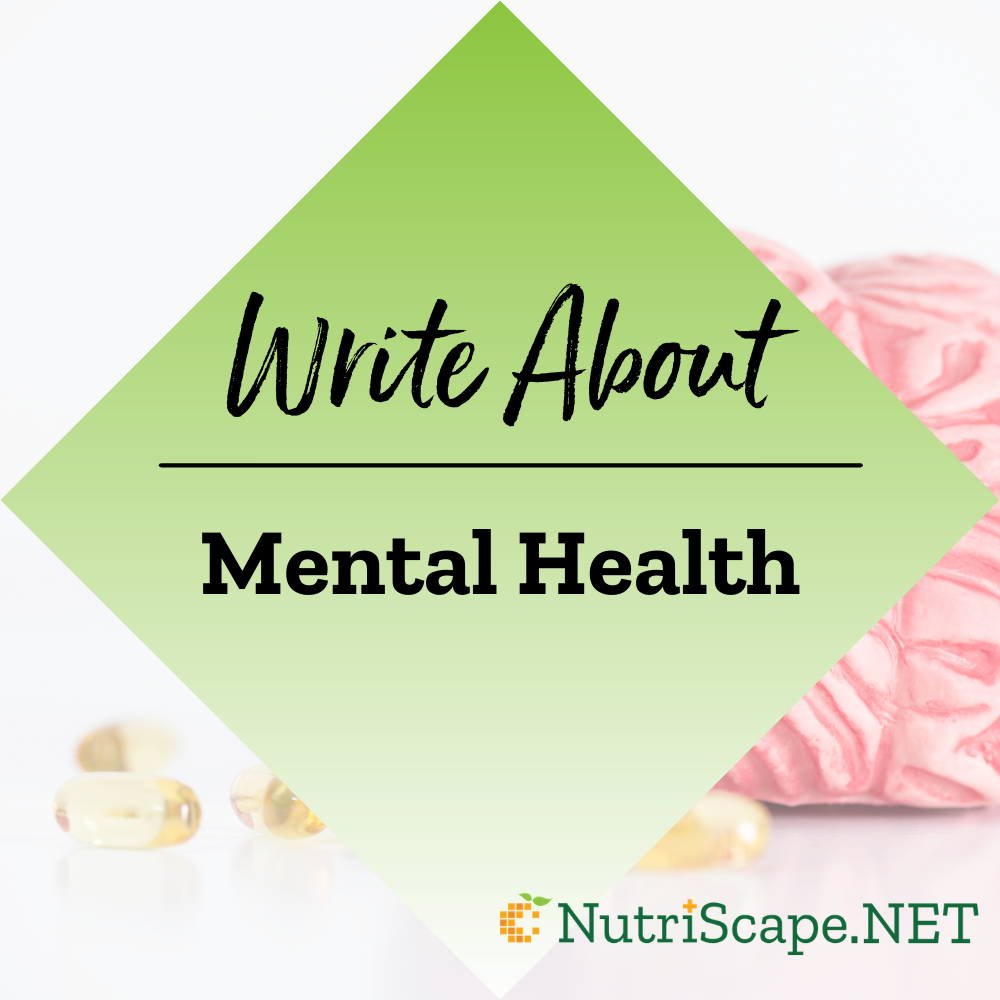


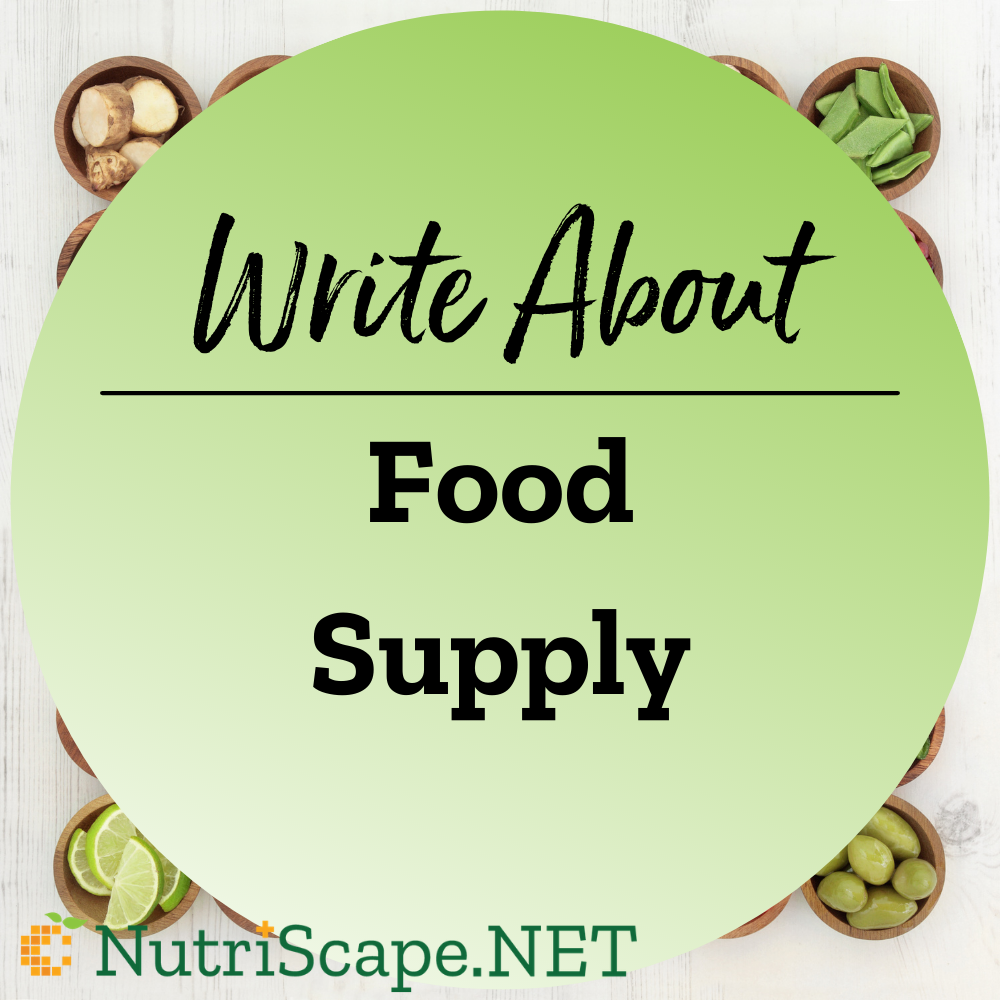
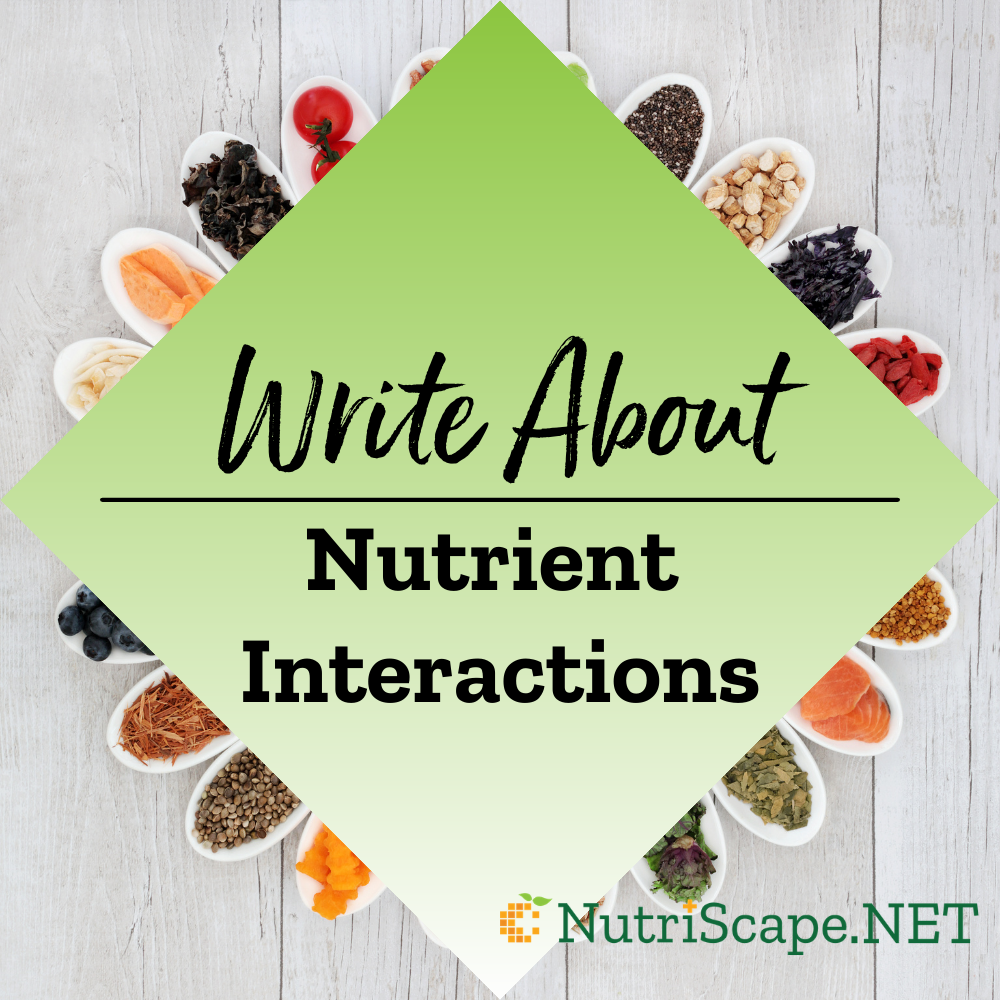
 The second possibility has to do with the effect that the nutrients may have on the liver. Medications are broken down in your liver and small intestine by a specialized group of enzymes called cytochrome P450 (CYPs). Many physicians often tell us not to eat grapefruit or drink grapefruit juice while taking a certain medication, and this is because grapefruit can interfere with certain enzyme processes within your body.
The second possibility has to do with the effect that the nutrients may have on the liver. Medications are broken down in your liver and small intestine by a specialized group of enzymes called cytochrome P450 (CYPs). Many physicians often tell us not to eat grapefruit or drink grapefruit juice while taking a certain medication, and this is because grapefruit can interfere with certain enzyme processes within your body. 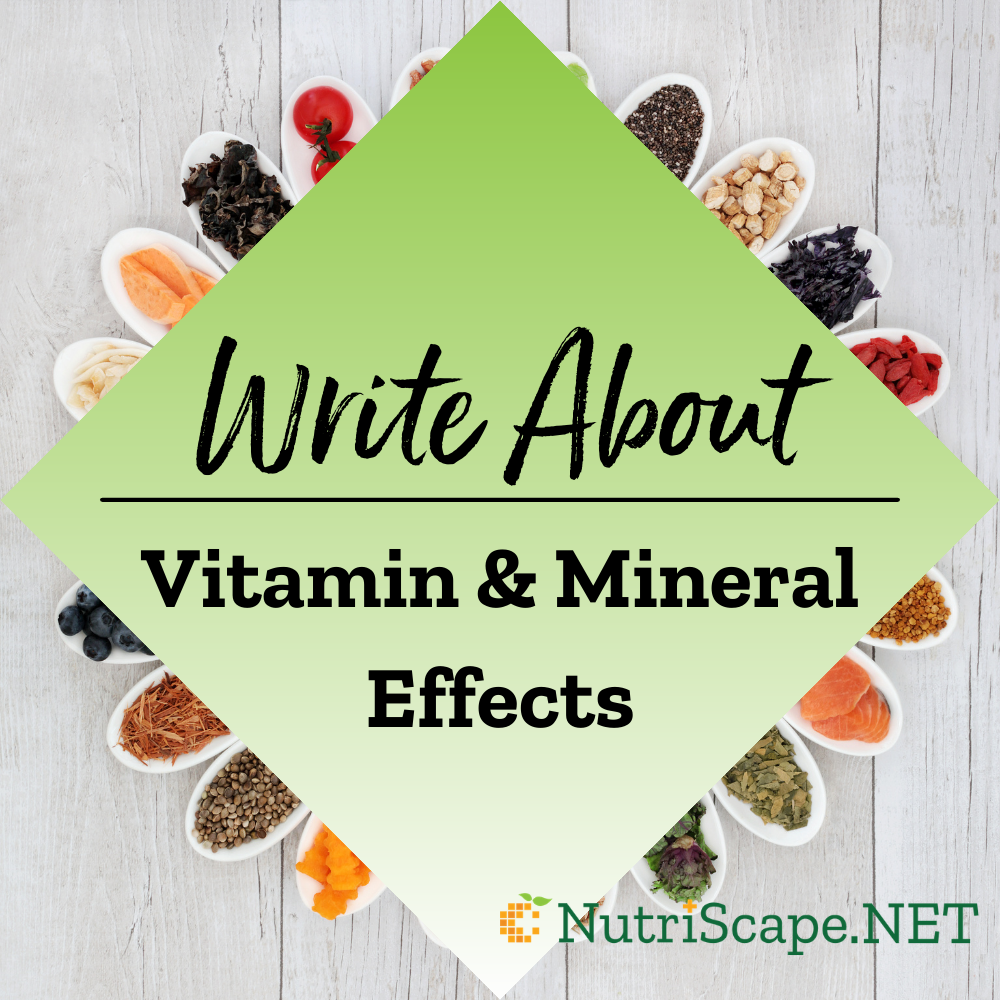
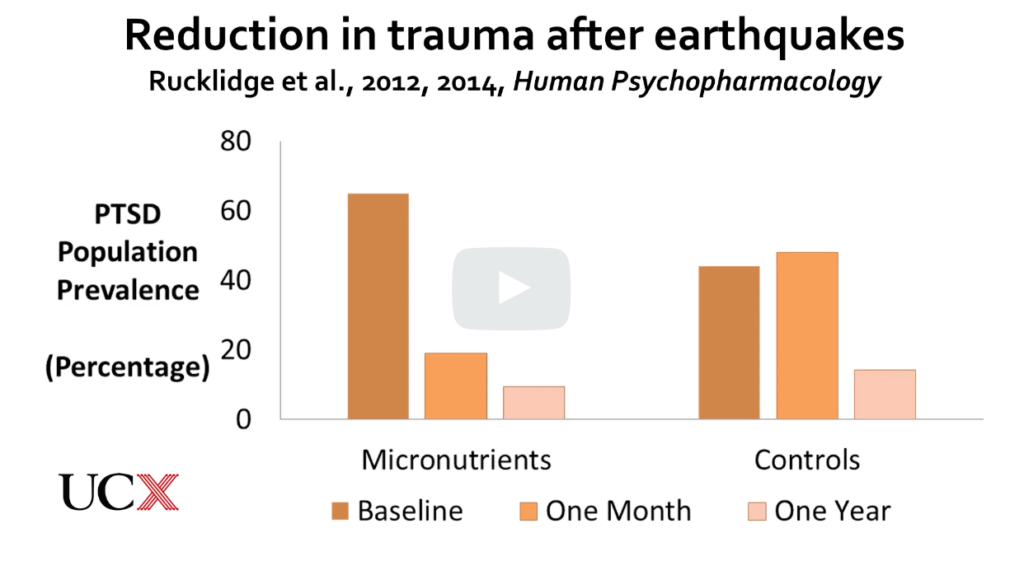
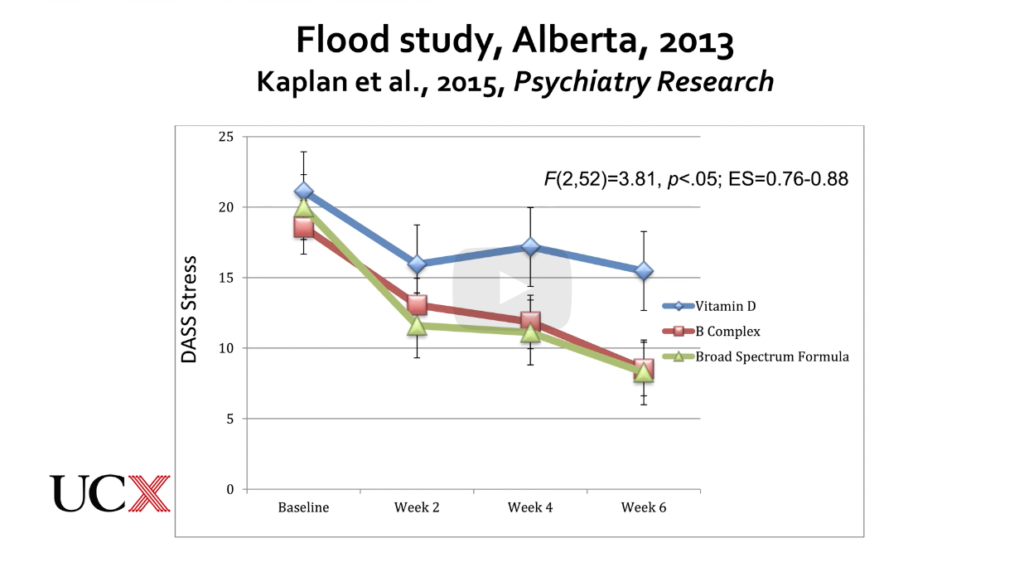

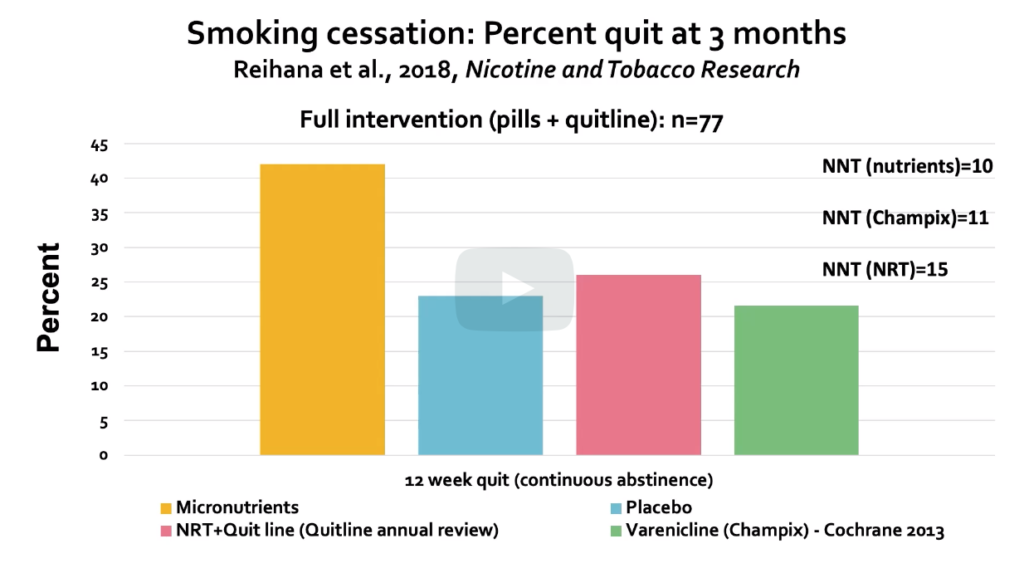
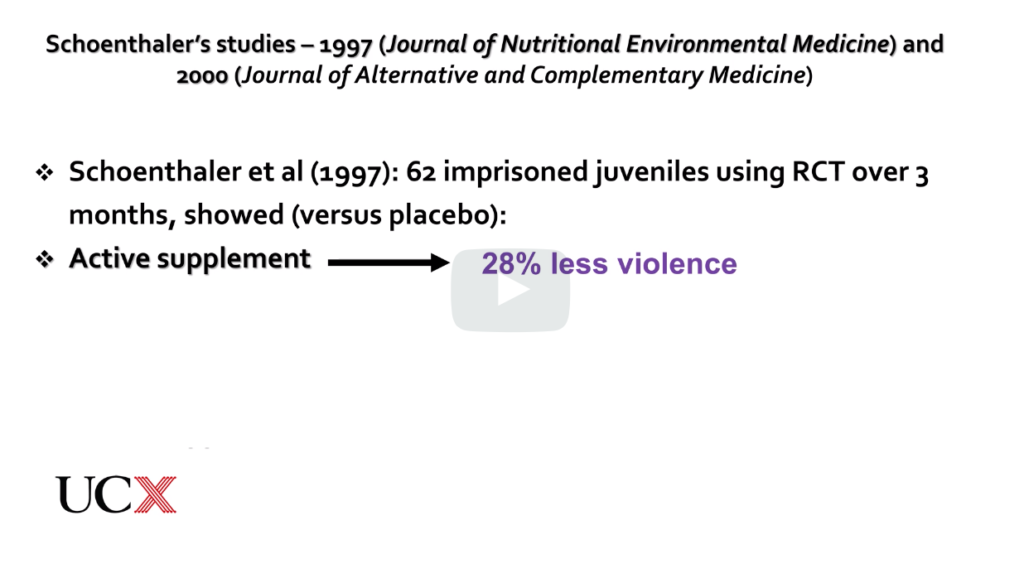
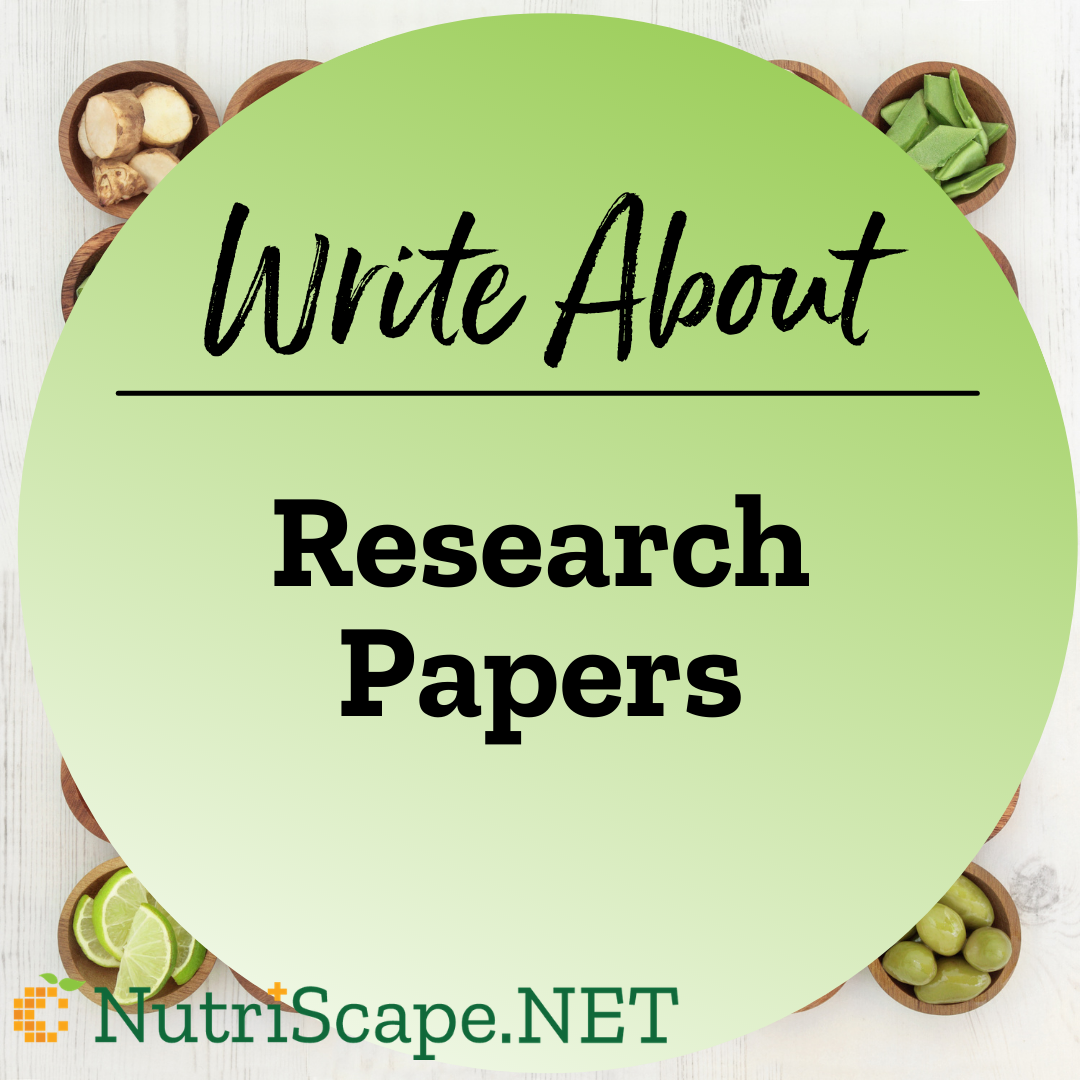
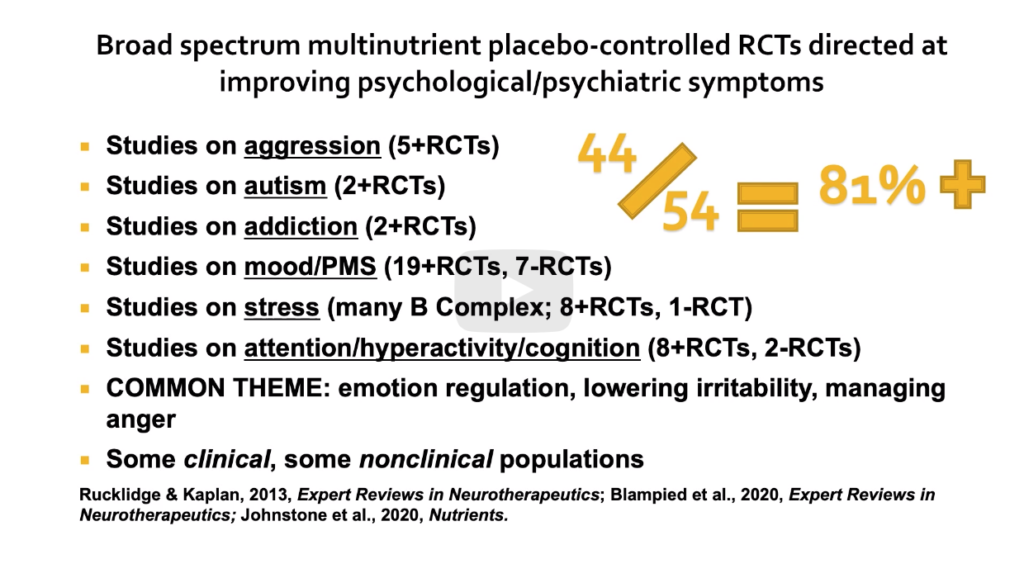
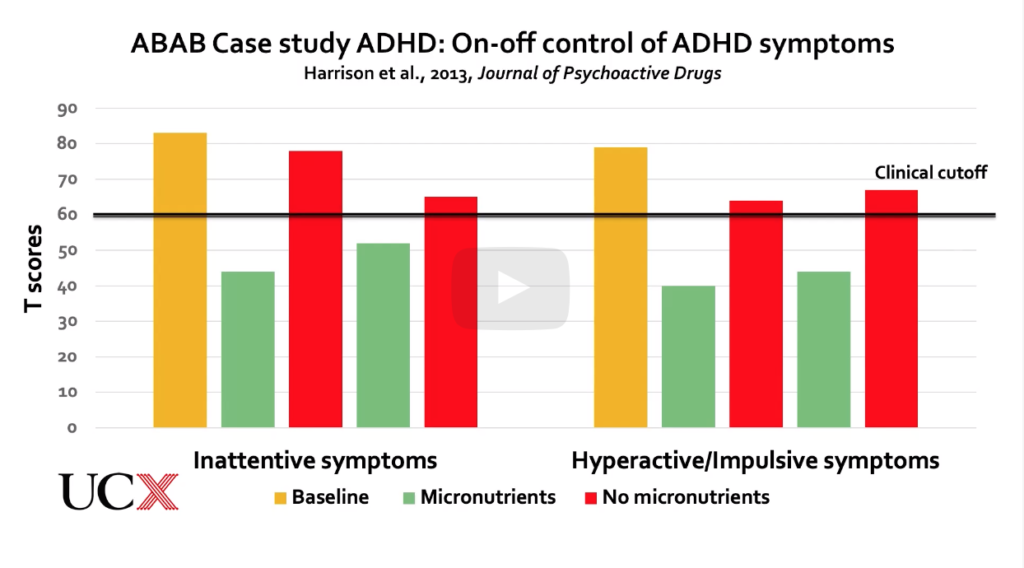
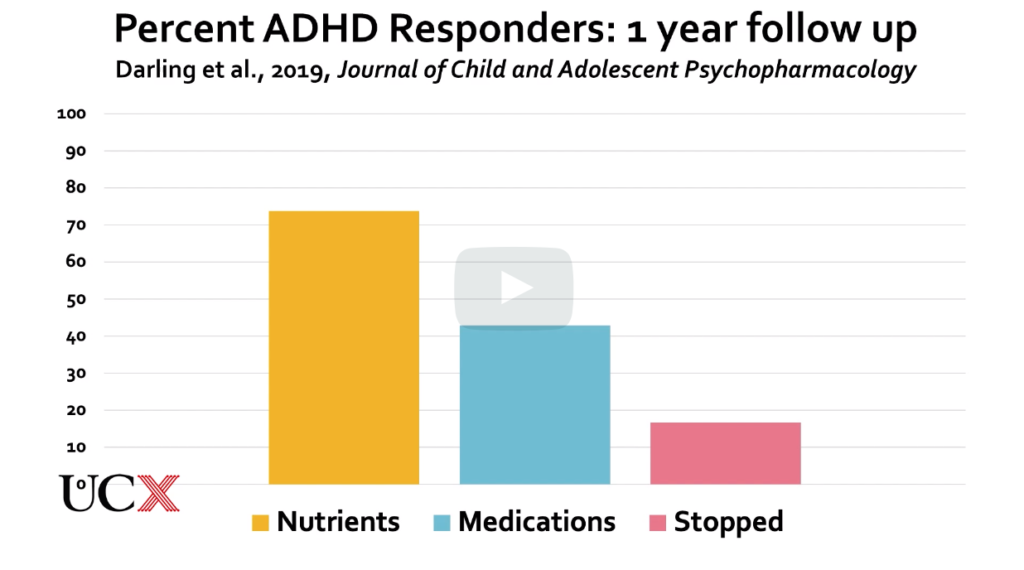

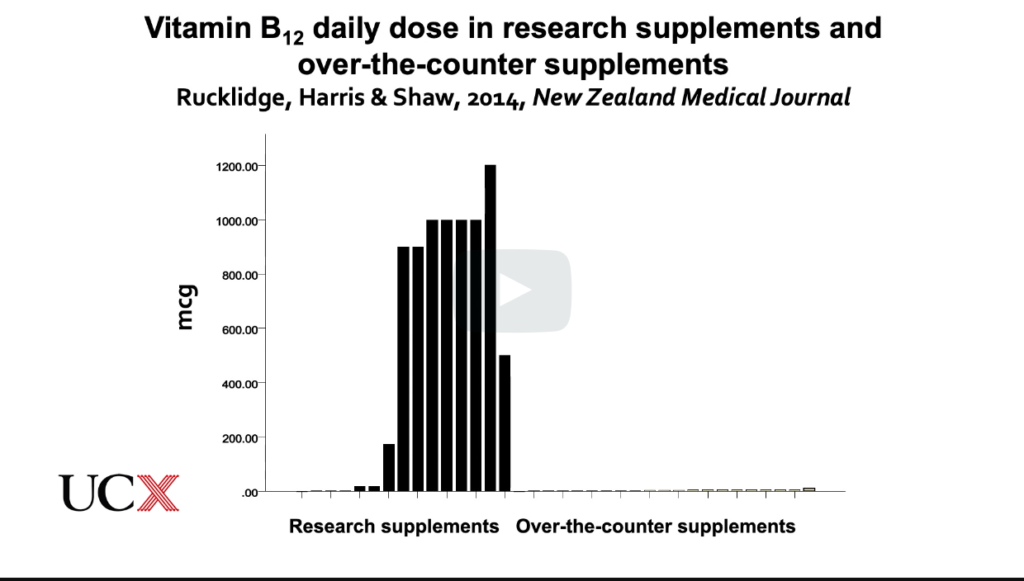

 The use of glyphosate is linked to genetic modification (GM) of plants. The genetic modification of seeds has enabled us to make some crops, primarily grains, resistant to glyphosate, this means that it can be sprayed on crops to kill all the weeds but not kill the GM crop itself. It is also commonly used as a drying agent, applied to crops days before they are harvested. This means it is often on or in our food.
The use of glyphosate is linked to genetic modification (GM) of plants. The genetic modification of seeds has enabled us to make some crops, primarily grains, resistant to glyphosate, this means that it can be sprayed on crops to kill all the weeds but not kill the GM crop itself. It is also commonly used as a drying agent, applied to crops days before they are harvested. This means it is often on or in our food.